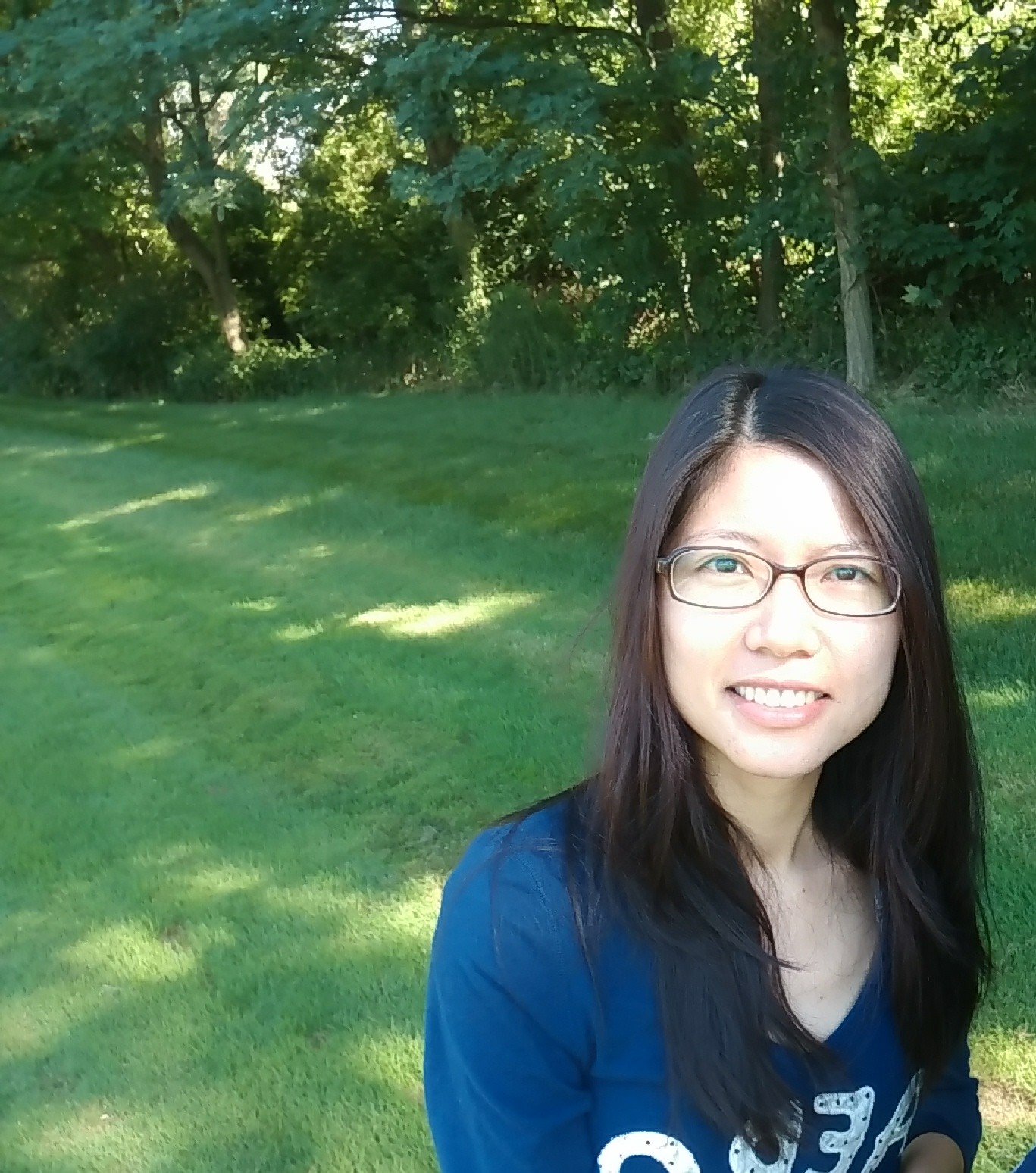 Shih-Yin Yu is a PhD in Nursing Science student, with research interests in gerontology and rural health care. She recently published an editorial in the Journal of Gerontological nursing, ‘Let’s Build a New Normal: Transitioning in Hope‘.
Shih-Yin Yu is a PhD in Nursing Science student, with research interests in gerontology and rural health care. She recently published an editorial in the Journal of Gerontological nursing, ‘Let’s Build a New Normal: Transitioning in Hope‘.
All interviews have been edited for length and clarity.
Find more scholar spotlight interviews here.
Why did you choose to go into nursing?
When I was little, my parents worked out of town, so I was raised by my grandmother. She is one of the reasons why I’m interested in older adult populations. She passed away when I was 16 years old. I learned to treat patients with dignity from the nurse who cared for my grandmother. For me, nursing is not only a career, but a pathway to cultivate being a person who can help others in need. Nursing completes my life.
Why are you interested in healthy aging?
When I was an oncology nurse in the hospital, one in 10 patients were older adults. I still remember one of them was 100 years old. She lost her hearing; however, we had good conversations through sign language. She patiently showed me her creative sign language when I didn’t know what she meant. We both laughed when we tried to understand each others’ sign language. Although she couldn’t hear anything, she shared her experiences with me. Sometimes older adults teach me more than what I learn from books. They help me discover new perspectives about life.
Have you had other experience working with older adults?
I had a volunteer experience in Taiwan doing home visits with older adults. I got research ideas from that experience.
What’s your current research topic?
My current research is working on reducing health disparities to improve health care access equity in older adults. There’s an urgent need for health care access in rural settings. I hope the gap between rural and urban healthcare can be minimized, and I hope my research can bridge that gap.
What interested you about that topic?
When I see barriers to health care in rural settings, I ask myself: what can I do differently to overcome those barriers? I want to make changes and be part of the solution for these issues.
I found insufficient information in the current scientific literature for rural older adults. After a conversation with one of the older adults who live in rural areas in the United States, I realize many of them wanted to stay on their land after they retired from their work. The country’s population is aging and that comes with increased healthcare needs in rural areas. Healthcare professionals should be well prepared for these urgent needs across countries and different languages.
What has been an unforgettable experience during your time at the School of Nursing?
I won’t forget the warm environment that faculty create for students at School of Nursing. Many encouragements keep me hanging in there and moving forward. I will never forget the School of Nursing support system, which provides me with practical and emotional support.
How was your experience at the School of Nursing helps with your career trajectory?
In the School of Nursing, I’ve learned how to conduct research thoroughly as a student. I’ve also considered joining a medical team in Taiwan to serve as a volunteer in rural or underserved communities during summer in Taiwan, Nepal, Cambodia, or other countries. I think social service will be part of my career, and those experiences will help me be able to serve others.
Could you briefly summarize the editorial you wrote for the Journal of Gerontological Nursing?
This editorial’s main point is to draw attention back to older adults in nursing homes, who may not be able to speak up for themselves. Many people want to go back to their new normal; what about those older adults, if they have no choice but to stay in nursing homes, waiting for their children or grandchild to come to visit? Health care professionals and health care systems need to find new ways to keep older adults connected and minimize the negative outcomes of mental health.
What inspired you to write on this particular topic?
I got the idea at midnight. When COVID-19 hit, I felt a little bit of social isolation. I was thinking of some older adults I knew in nursing homes in the United States. One question came to my mind: Is the new vaccine our way back to normality? I don’t have an answer for this question at this moment, but I know their lives aren’t waiting for this resolution forever. Instead of waiting for this uncertain answer, we must think of solutions to continue providing quality care for them.
What are your plans after graduation?
I plan to do a post-doc after I graduate. Then I would like to return to Taiwan to teach and do research.